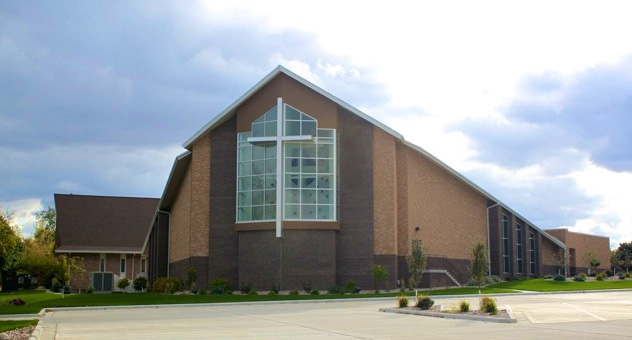I was excited to hear that one of our life groups is considering doing a study on the book, “When Helping Hurts” (by Steve Corbett), which is a standard text in the study of missions and outreach. The premise of this book is that helping people can actually do more harm than good if it isn’t done properly. For example, one of the key principles when administering aid to developing countries is to determine if the situation requires relief or development. When the 2010 earthquake hit Port-au-Prince, Haiti, over 200,000 people were killed, one million were displaced from their homes, and the entire region was without access to food and water. That is a great example of when relief-style aid is needed. Without an immediate influx of organized help and supplies, many more would have perished.
However, it is important to transition quickly from relief to development. If relief continues indefinitely, dependency is fostered and people become crippled in their ability to function as a self-sustaining society. One simple example of this is the donation of free used clothing to countries in Africa who are not in need of relief. When boat loads of such goods are offered to the public it undermines the local economy, putting out of business native shop owners who would seek to manufacture and/or sell clothing. Sadly, such situations are constantly occurring in developing countries, and many times at the hands of well-meaning American Christians.
All of that provides a backdrop to an important announcement we are ready to make. We feel God is directing us to conclude the work of H.I.M. (Haitian International Missions) in 2016. Our goal was to transition the ministries and individuals we supported from relief to development to long-term self-sustainability. In the case of the Deaf/Disabled School, when we became aware of its existence the director feared they would have to close soon. With some financial support and oversight from Zacharie (H.I.M. director), we believe we were able to solidify the ministry somewhat and allow it to begin to develop the program further and plan for the future. One unintended side effect of this support was a reluctance of parents to pay for their children’s tuition. We feel the time is right now to discontinue outside financial support and allow the school director to reinvigorate the commitment of parents to the program, which has been improved through our development efforts.
As for Zacharie, when we began a relationship with him he had recently lost his job as a director of a high school and felt a call to enter seminary, but had no funding to make it possible. In a sense his family was in need of immediate relief, but the salary we offered him not only allowed him to provide for his family’s needs but also to develop his skills by attending seminary. He also provided some oversight and mentorship to the Deaf/Disabled School and other young college students we were supporting. After 2016 Zacharie’s salary will also be discontinued as he will be better equipped to find a job as pastor or school administrator (or both which is common in Haiti).
Though it is difficult to make these decisions to discontinue financial support to leaders and ministries in developing nations, it is absolutely essential for their spiritual and leadership growth. The worst-case scenario would be to create permanent dependency on outside funding. As a general rule, we believe it is this type of “help” (addressing developing situations as if they need relief) that continues to hold Haiti back from thriving and taking control of its own future. Both because we felt the ministries and leaders of H.I.M. were ready, and because we ourselves will be transitioning to a different role in Haiti, we knew the time was right to make this step of faith.
We want to thank all those who have supported this ministry for this season, especially those who sponsored the children in the school. Please continue to pray for them and know that your investment in their lives will continue to make a difference. Above all, know that the discontinuation of H.I.M. is not a failure! Just the opposite. Though it was by no means carried out with perfection, we believe this type of medium-term approach to international aid (RELIEF – DEVELOPMENT – SUSTAINABILITY) is backed by biblical principles and best practices in missions. Let’s celebrate what God has done and may we all quickly find the next place where He is leading us to serve!
Cory Grimm









